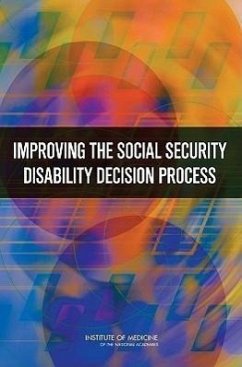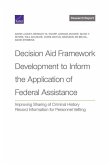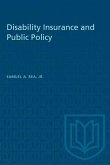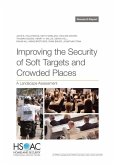The Social Security Administration (SSA) provides Social Security Disability Insurance (SSDI) benefits to disabled persons of less than full retirement age and to their dependents. SSA also provides Supplemental Security Income (SSI) payments to disabled persons who are under age 65. For both programs, disability is defined as a "medically determinable physical or mental impairment" that prevents an individual from engaging in any substantial gainful activity and is expected to last at least 12 months or result in death. Assuming that an applicant meets the nonmedical requirements for eligibility (e.g., quarters of covered employment for SSDI; income and asset limits for SSI), the file is sent to the Disability Determination Services (DDS) agency operated by the state in which he or she lives for a determination of medical eligibility. SSA reimburses the states for the full costs of the DDSs. The DDSs apply a sequential decision process specified by SSA to make an initial decision whether a claim should be allowed or denied. If the claim is denied, the decision can be appealed through several levels of administrative and judicial review. On average, the DDSs allow 37 percent of the claims they adjudicate through the five-step process. A third of those denied decide to appeal, and three-quarters of the appeals result in allowances. Nearly 30 percent of the allowances made each year are made during the appeals process after an initial denial. In 2003, the Commissioner of Social Security announced her intent to develop a "new approach" to disability determination. In late 2004, SSA asked the Institute of Medicine (IOM) to help in two areas related to its initiatives to improve the disability decision process: 1) Improvements in the criteria for determining the severity of impairments, and 2) Improvements in the use of medical expertise in the disability decision process. This interim report provides preliminary recommendations addressing the three tasks that relate to medical expertise issues, with a special focus on the appropriate qualifications of medical and psychological experts involved in disability decision making. After further information gathering and analyses of the effectiveness of the disability decision process in identifying those who qualify for benefits and those who do not, the committee may refine its recommendations concerning medical and psychological expertise in the final report. The final report will address a number of issues with potential implications for the qualifications of the medical experts involved in the disability decision process.
Hinweis: Dieser Artikel kann nur an eine deutsche Lieferadresse ausgeliefert werden.
Hinweis: Dieser Artikel kann nur an eine deutsche Lieferadresse ausgeliefert werden.








